|
I had the privilege of listening, before its official release, to the album "Slide To Glide" by Wolfgang Dorninger, which left me deeply impressed by the immensity of its sound and its strong power of evocation of images, with beautiful moments of introspection.
On Saturday, December 22, I listened to it three times in a row; on Sunday the 23rd three times again; and today, Wednesday, December 26th, while I went to the post office, once again. In all these listens I got a great aesthetic pleasure and many ideas have come to me about the album, but surely these are totally subjective, which is also important, but I would like to have knowledge of what was inside the mind of Wolfgang Dorninger while creating his work. For this reason I have done the small interview that follows, hoping that the questions are useful to provide some information about "Slide To Glide".
Rafael González:
After listening to "Slide To Glide", I had the feeling that it is a very consistent and coherent album, that everything is very well-integrated and that everything is related, although the dates of the compositions are different, from the themes to the graphic material. Is it a conceptual album, or at least is there a connection between the tracks that make up the album? Wolfgang Dorninger: There is a connection between all five tracks. But less by the conceptual than by the kind of production. I never used a rhythm or beat, nor a song structure, nor a flow like in techno on this album. These are pieces that are supposed to tell a complex story together, with few instruments but powerful sound architecture through drones and layers. I took from ten pieces those five that sounded best with and to each other.
Rafael González:
I understand that it is often difficult or annoying to talk about our influences, but I am sure that many of us (for me I assure you) would like to know which are the ones that can currently exert a strong inspiration, especially at the time of create this album I mean all kinds of influences, not just musical. Anton Bruckner? Wolfgang Dorninger: I have a lot of influences, I easily start to burn when listening to music by György Ligeti, Jimi Hendrix, Underground Resistance, Maybe Mental, Scott Walker or Anton Bruckner. I have no difficulty to talk about my influences, because I do not believe in the artist as a genius myth, but only in artists who have had the best possible preconditions and have made them even better in order to create groundbreaking art. Every time and society has the cultural output it deserves. Some artistic movements or trends are also dependent on luck, because a few artists at the right time in the right place crossed each other's path. But basically I'm interested in music and art, where I can find the artist behind his work, also between the notes, words and brushstrokes. Where I can discover multiple layers that only emerge when listening carefully and repeatedly. Radio music has always bored me, even music that is only formal and also music that is a copy of the copy.
Rafael:
In a general way (I know it would be impossible to do otherwise) could you tell us what kind of synthesizers or other electronic and acoustic media you used to make the album? Did these technical means chosen by you condition the result or did you already have the ideas in mind and the ideas instead conditioned the choice of the gear array? Wolfgang: The tools always determine the result. Also the modifications of these tools and work processes change the artistic output. The Bruckner remix was created by a kind of reverse engineering process. I took three excerpts or scenes out of the Fourth Symphony ("The Romantic") of Anton Bruckner, transformed the notes into MIDI files, then re-composed them with sampled instruments or soundscapes. Parts of them were extremely filtered. I changed the tempo of these segments and changed the sound surface with heavy granular synthesis to get the desired color of sound. I developed the piece for the exhibition "Mein Bruckner" (My Bruckner). The group exhibition was about works of all art fields related to Anton Bruckner, as personal as possible. Each piece on "Slide To Glide" has a similarly complicated history. For me the studio is the instrument, no longer individual instruments.
RG:
Personally I love the cover and I think it is also a very important element of your work, which harmonizes perfectly with the sound material of the album. Am I right that you consider graphic art as an important part in the creation of an album? WD: Yes, the photo is very important for "Slide To Glide". I made it during a rehearsal at the theatre (Kammerspiele, Landestheater Linz). Music and visuals are very close. Both media reach us through waves. Some people even hear colors, so close are this quite different types of perception. With Monochrome Bleu, we have already performed with videos on stage in the 1980s. Leo Schatzl, the video artist, was part of the band. The painting "Monochrome Bleu" by Yves Klein was not only an eponym for the band, but also outlined quite clearly the intention of the band's sound in the early days. The visual aspect is still very important for me when it comes to music. I came to music at a very young age singing in a choir from sheet music. Later I wanted to become a painter, but ended up at music again. Some of my paintings from these days are in my studio and in the stairwell.
RG:
Several pieces included in "Slide To Glide" were made for other artistic and visual projects (perhaps this is the internal connection of the album) Do you regularly collaborate with other visual artists? To what extent do the images influence your sound work? WD: I composed music (including sound design) for more than 40 theatre plays by William Shakespeare, Henrik Ibsen or Joël Pommerat in the last 25 years. Working in a big team with different art forms has changed my music a lot. "The sound should come out of the pores of the walls" is a statement of mine to describe my way of composing music for the theater. I want to get the silence out of the theater to create through sound different layers of environments for a play. And I love the work process a lot. Everything is worked out during the rehearsals and grows through the interaction of the whole team working on a play. I also like the workflow of dancers and performers. Working for film is rather lonely, because a lot of work processes are broken up into small sections and there is hardly any interaction between the participants. The track "Unused Film Score" is a remix of unused soundscapes and music pieces for a movie. The communication was so bad that no useful result came about. After two years of distance, I made the remix for "Slide To Glide", because I liked some scapes and tunes too much.
RG:
The first track of the album is "Cause & Effect" Is it a tribute to the past or the beginning of something? The last track is titled "Utopia Around The Corner" ... WD: I made this piece for an "Electronic Cottage Add-And-Pass Cassette". Hal McGee opened the tape with his piece "Transmission # 237". The tape got lost after the fourth music contribution by the Austrian post company on the way from Linz to Vienna. I called the piece "Cause & Effect" later on, because that was the only way to calm my anger. I appreciate what Hal is doing with his tape, network and media projects and was really angry that such a nice project was destroyed by a carrier company.
"Utopia Around The Corner" should give us courage for small solutions. I believe in the power of change by the individual and in the small. And Utopia is not so far away, does not need a super solution, no magicians or ego shooters like Donald!
Wolfgang Dorninger:
1000 thanks Hal for Electronic Cottage and muchas gracias Rafael for your questions. If you, dear Electronic Cottage member, are interested in "Slide To Glide", just send me your email address and I will send you a download link with uncompressed files. And hopefully my English is not as shitty as I think it is!
18 Comments
Rafael González
12/28/2018 06:41:08
Thank you very much Wolfgang for your great, concise and enlightening answers. Thank you very much Hal for your great work as editor and for pushing this interview.
Reply
12/29/2018 05:42:02
Thanks a lot for doing this interview and for your nice introductory words. And thanks to Hal for his editor job! DANKE!
Reply
Rafael González
12/29/2018 06:14:32
Thanks to you, Wolfgang! I really enjoyed listening to your album and then doing the interview-article
Frank
12/28/2018 23:18:01
Nice interview, love to read these things! And Wolfgang, your English is not Shitty!
Reply
12/29/2018 05:43:31
My English is not shitty. Pffffft! good to hear. Thanks for your feedback.
Reply
Rafael González
12/29/2018 06:18:38
Thank you very much Frank! I'm so glad you enjoyed it. I do have a strange English ... I have never studied this language! Then Hal always helps me correct my alien phrases
Reply
Frank
12/29/2018 18:47:53
I got to listen to the album(And other ones on your Bandcamp) also in the mean time... great stuff! Enjoyed it very much.
Reply
Rafael González
12/30/2018 04:44:41
I understand you! I am still enjoying the album.
Reply
12/31/2018 06:46:14
Dear Frank!
Reply
12/30/2018 06:18:06
>> The tape got lost after the fourth music contribution by the Austrian post company on the way from Linz to Vienna. <<
Reply
Rafael González
12/30/2018 07:27:24
Thank you very much for your comment. I think the same as you. Wolfgang is a fabulous creator. As I said, I really enjoyed listening to this work and a CD that he sent me recently. I continue to use postal services constantly and it is true, sometimes a mail has not reached its destination. I always ask where this will be, if another person has opened it and what her thoughts will be after seeing the content. I would like that, if a mail does not reach its destination, that it travels to very distant places at least
Reply
12/30/2018 08:34:23
A real nice thought..a *happy* home for all the lost mail! That would be really something to wish for .. unfortunately I've red too many articles about today's situation of the postal system to see it this way .. I have to admit I'm really slowly getting sick and tired of all this negative reality... lets *pray* for a heaven for *lost mail*!
Rafael González
12/30/2018 18:15:17
You are right! Let’s pray! 12/31/2018 04:11:50
thanks so much for your positive feedback!
Reply
12/31/2018 05:20:13
...yes!..once I realised this I stopped being angry with any mailman/woman not looking for my doorstep with a big package (and thus the big package often goes back to sender because they "did'nt find me") knowing that they have another 987654567876 packages to deliver this very day...
Michael Ridge
1/2/2019 09:18:28
An excellent and insightful interview! I'm not to familiar with Wolfgang's work, from what I've heard so far I'm definitely going to listen again!
Reply
Rafael González
1/2/2019 12:18:41
Thank you very much, Michael! I'm glad that the interview has stimulated you to listen to it again!
Reply
1/6/2019 11:45:12
thanks a lot for your encouraging feedback. hope you'll listen my music again.
Reply
Leave a Reply. |
|
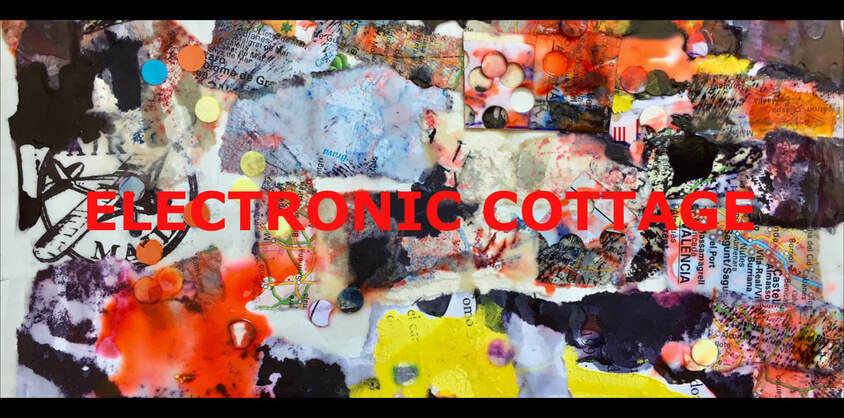
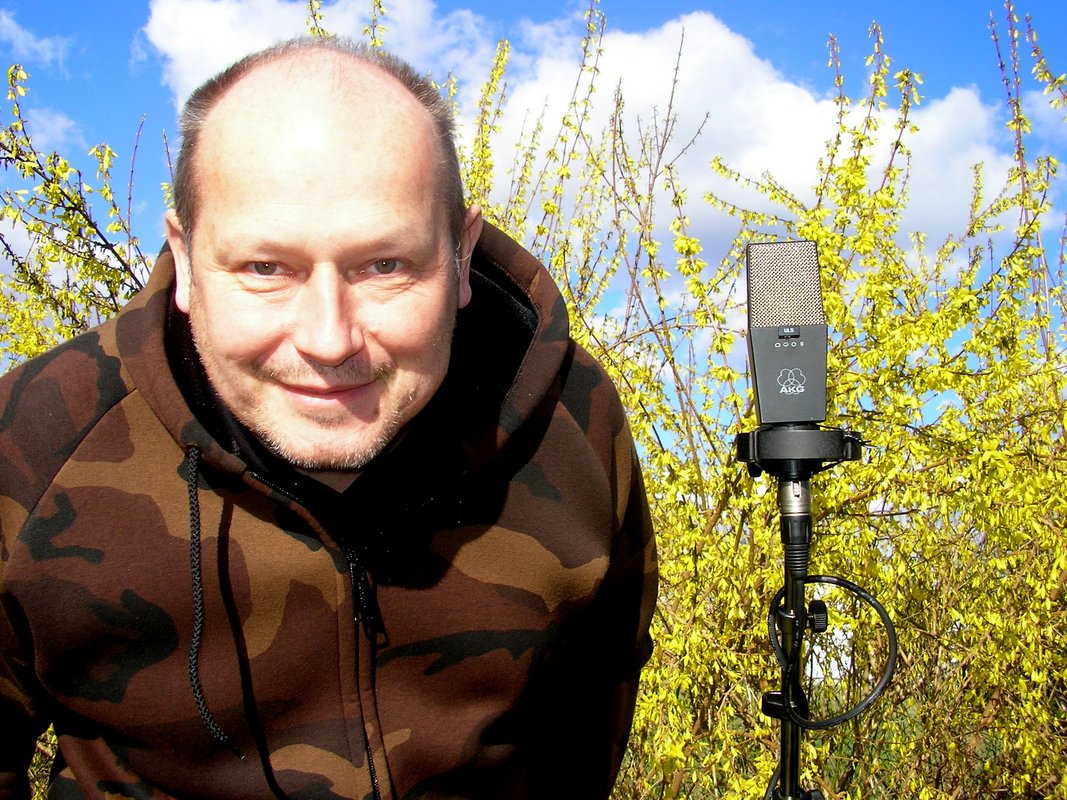
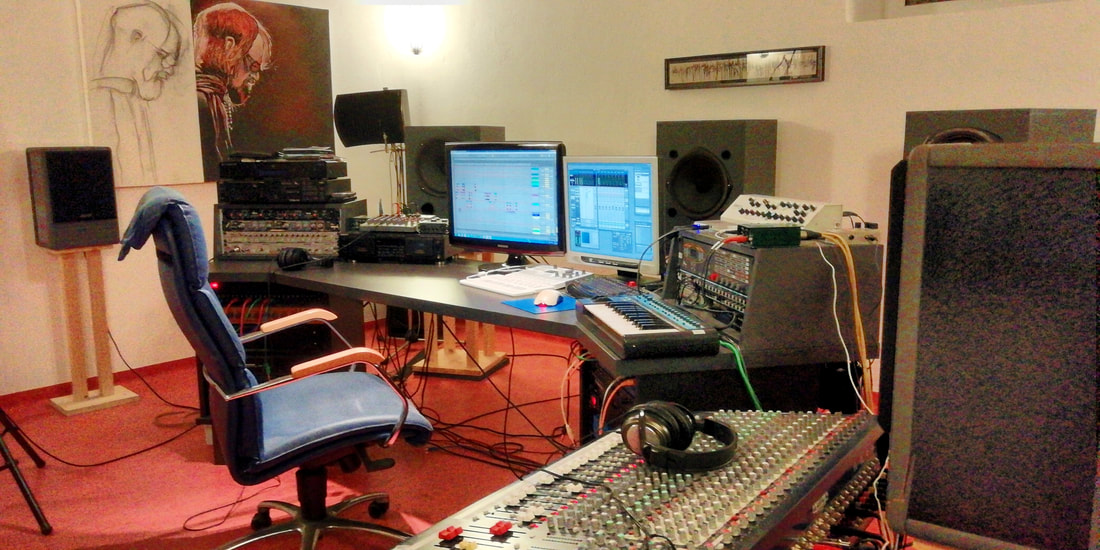
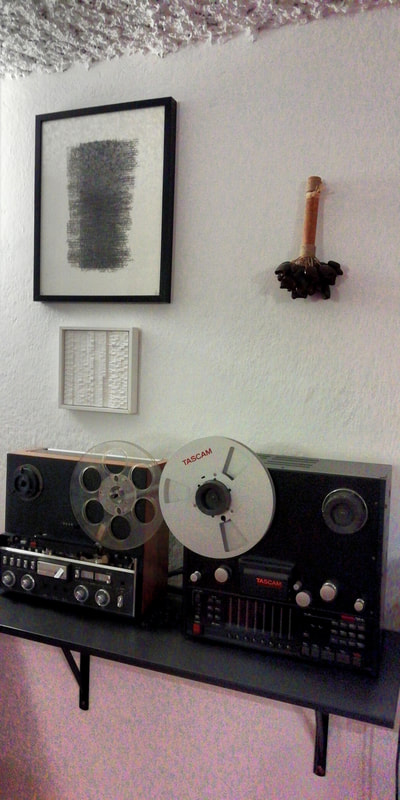
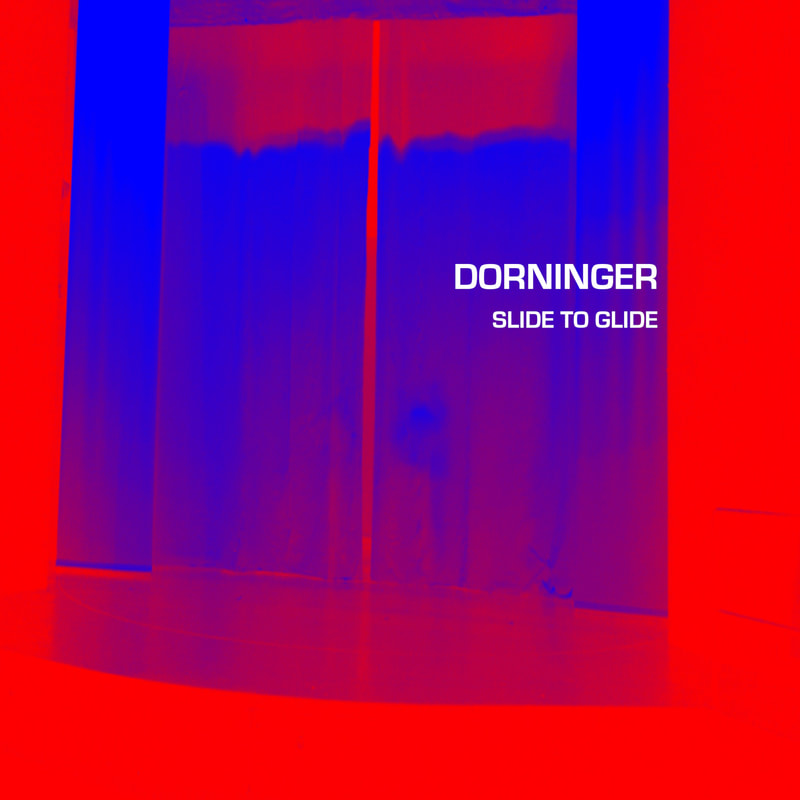
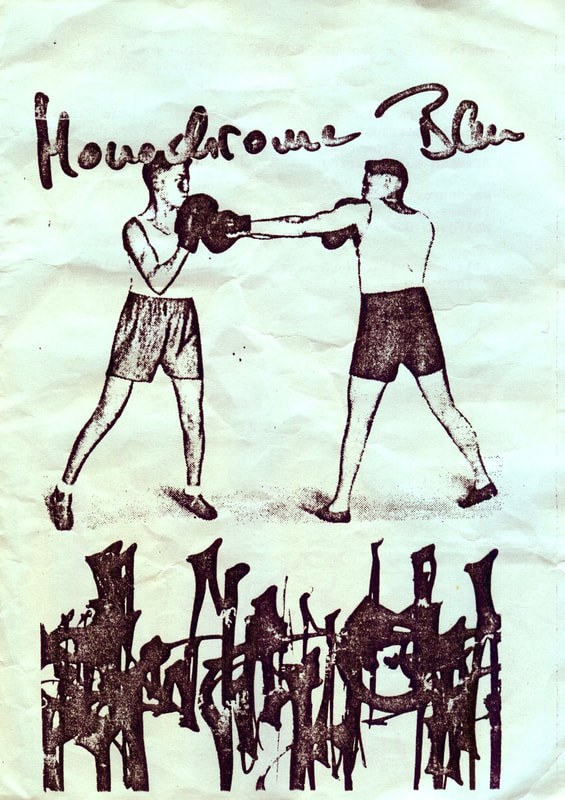
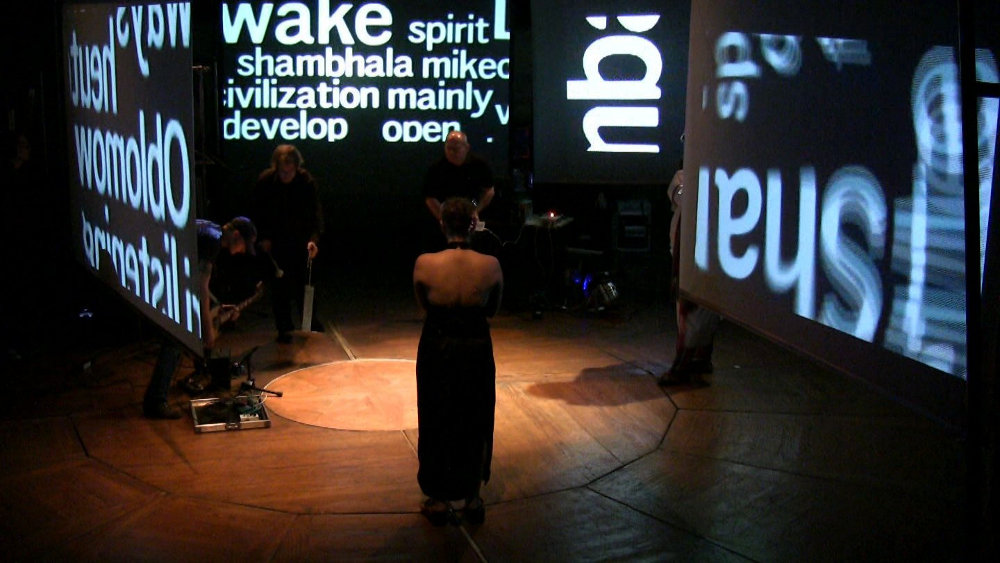
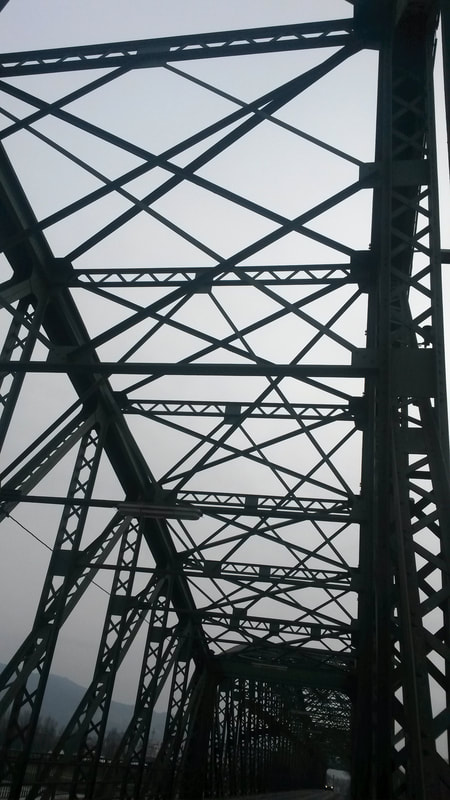
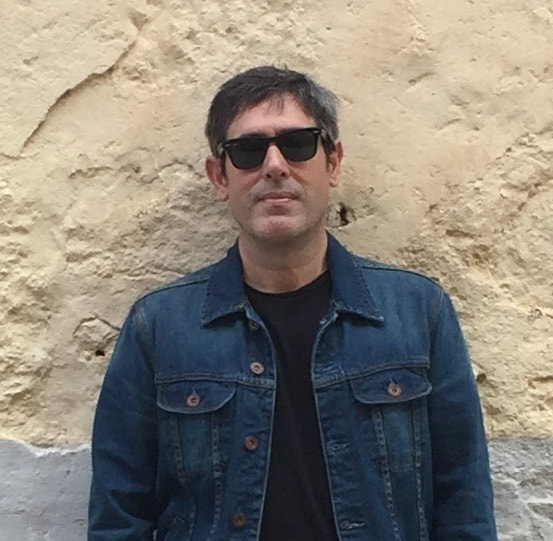
 RSS Feed
RSS Feed